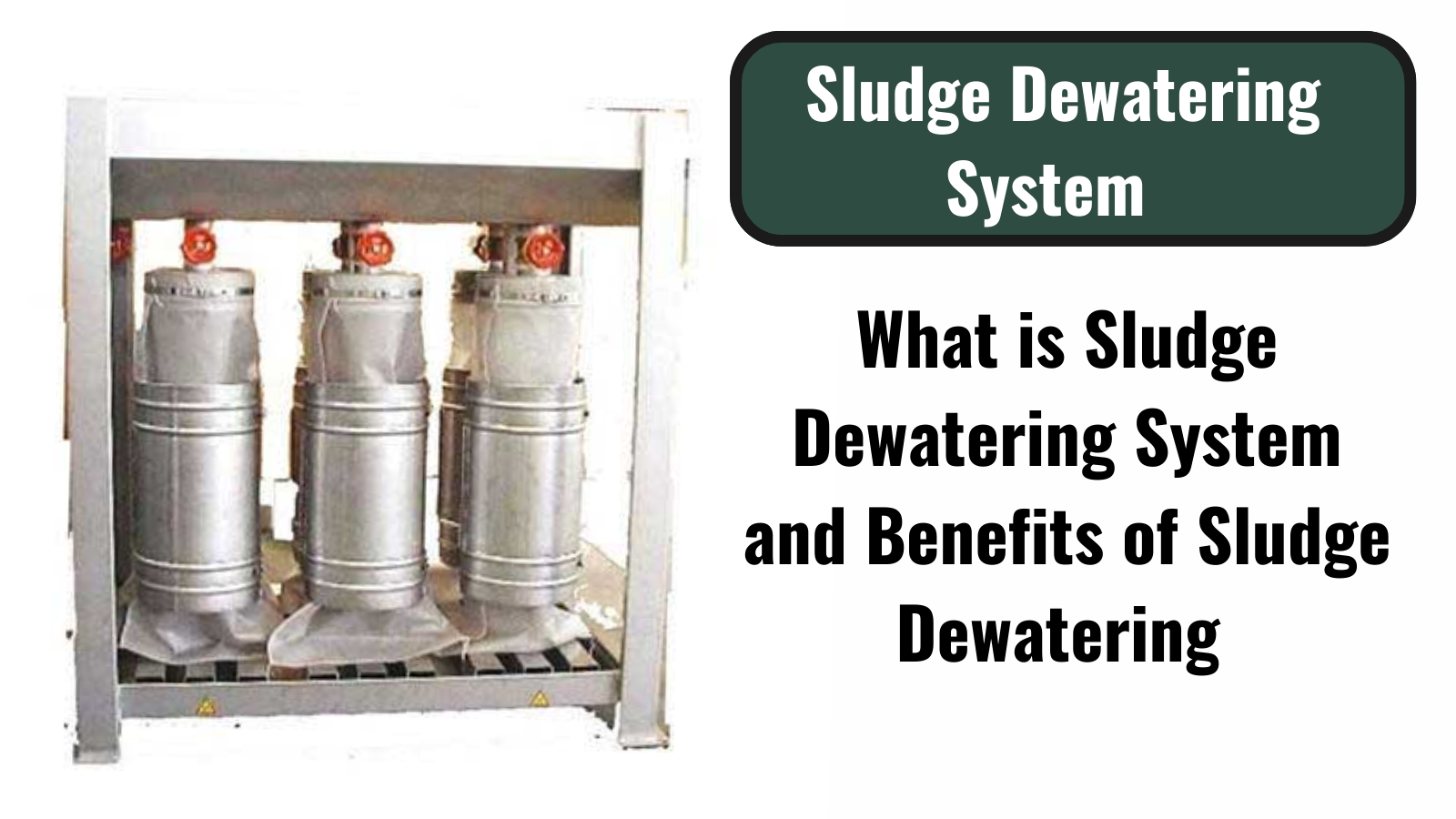
Sludge is a semi-solid by-product of many industrial and municipal processes that is made up of a mixture of solid waste and liquids. Because sludge disposal is so strictly controlled, industrial companies and municipalities must handle and dispose of it in a way that conforms with legal requirements and sustainability efforts.
There are many sludge dewatering Systems, all of which reduce the volume and weight of the sludge to make it easier to handle and transport. Three of the most commonly used involve employing a centrifuge, a plate and frame filter press, or a belt filter press. Each piece of equipment offers distinct advantages that make it suitable for different dewatering applications. Below, we provide an overview of these three sludge dewatering systems to help readers select the right one for their needs.
Sludge is a semi-solid slurry that is created during wastewater treatment procedures. It can also be formed as a settled suspension by traditional drinking water treatment methods, among many other industrial processes.
There are several benefits to sludge dewatering for treating wastewater, such as:
Decreased solid waste: There are many challenges involved in treating or getting rid of sludge in its raw state. The main obstacle to treatment and disposal activities is the sludge's weight and volume. The amount of solid trash that businesses must dispose of is significantly decreased when the liquid and solid parts of the sludge are separated.
Reuse water: After being cleaned of impurities, the sludge-removed water can be utilized again as greywater in industrial, commercial, or governmental operations. This kind of water is frequently used in fire suppression systems, heating and cooling systems, and other applications.
Reduced expenses for transportation and storage: Tankers must travel great distances from the origin site to the disposal facility to transport sludge away from an industrial site for disposal. By producing solid cakes of dewatered garbage, one can drastically cut down on the number of journeys to the disposal site and the amount of waste that needs to be stored on-site.
Regularity: Transporting sludge through residential areas increases the risk of spills and leaks. Cakes produced by using two-stage sludge dewatering system methods are consistently dry. There is almost no chance of leaks or spills when using high-solid dried cakes for storage and transit.
Automated compatibility: Even while filter pressing by hand can be labor intensive, there are contemporary alternatives that include automated and semi-automated parts. Sludge dewatering filter presses can be equipped with sophisticated control systems that can operate centrifuges automatically, assistive cake release devices, automatic cloth washers, and more.
Durability: At every stage, the collection and disposal of sludge presents several needless dangers to the environment. On the other hand, industrial and municipal waste can be disposed of much more safely and effectively using sludge dewatering. Water separation for treatment reduces the amount of freshwater that must enter the process cycle and guarantees that wastewater will never leak into the ground during its lifecycle. Sludge dewatering contributes to a decrease in emissions related to freight transportation since it requires less transportation and less waste to be disposed of.
Sludge dewatering makes it possible for municipalities and industrial companies to divide sludge into distinct streams of liquid and solid waste, making recycling and garbage disposal simpler and more affordable. A secondary dewatering system added to the process line can aid in removing more water from first-stage sludge cakes, even though single-stage dewatering systems may yield cakes with uneven consistency and excess water left behind.
Panse Consultants is an expert in second-stage dewatering systems that, by reducing the need for sludge storage, disposal, and transportation, eventually pay for themselves. Please don't hesitate to contact us right now if you need help putting a secondary sludge dewatering system in place for your site.